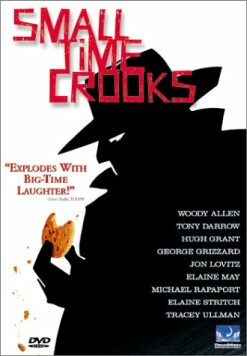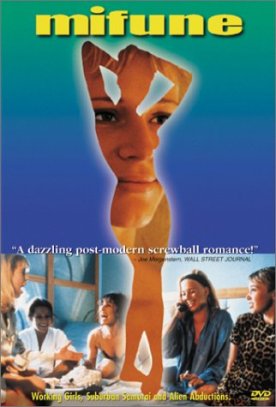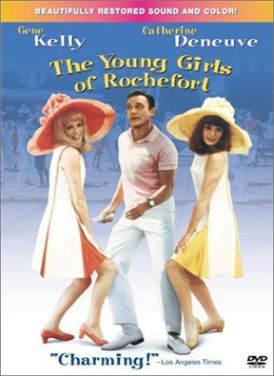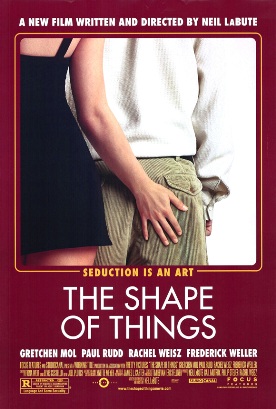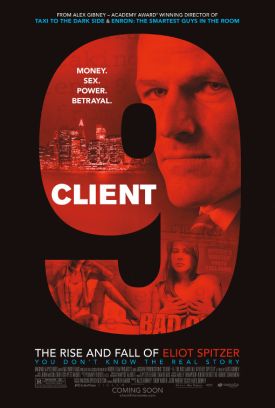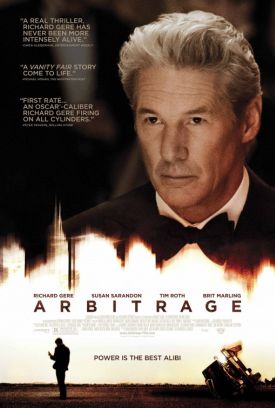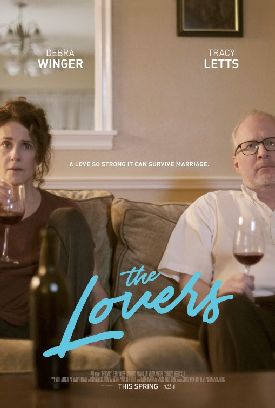Small Time Crooks
Small Time Crooks has, like all Woody Allen’s films some excellent
jokes. The best of them, however, are stupid-jokes (very popular in Hollywood
lately) which, it always seems to me, is the comedic equivalent of dynamiting fish. It used to be drunks, now it’s idiots. Woody Allen himself plays Ray Winkler, a petty thief whose hoped-for big score comes from an unexpected direction as the cookie emporium they set up as a cover for a break-in makes them a lot more money than the break-in would if it hadn’t been botched. When Ray and his devoted wife, an ex-stripper called Frenchy (Tracey Ullman), suddenly find themselves rich they are naturally a bit out of their depth among the socialites of the Upper East Side where Frenchy is determined to make a splash. As Ray takes an interviewer around their lavish new apartment he points out the magnificent French antique armoire in one room. It’s Louis XIV. Or perhaps Louis XV. “I don’t know how high the Looies go,” he says, but he can assure us that it’s “the top Louis.”
Nor is that new-minted culture-vulture, Frenchy, any less prone to the faux
pas. When the home of Henry James is pointed out to her and Ray, Ray asks,
“Who?”
Frenchy digs him in the ribs: “The bandleader, stupid.” When their guide
gently points out her mistake, she is quick to recover: “Oh yeah, The
Hair-ess.”
“The ‘H’ is silent,” points out the guide.
“Oh, did he write that too.”
Ba da boom! We assume that Woody himself knows that The Heiress was a
play and movie written by Ruth and Augustus Goetz, though based on a novel by
Henry James that was actually called Washington Square. But stupidity
here goes a long way beyond just not having heard of Henry James. Ray has a
bunch of even dumber pals, played by Jon Lovitz, Michael Rapaport and Tony
Darrow, while on Frenchy’s side of the family there is also a comically dim
cousin, May (Elaine May), whom even Ray thinks of as being of equine
intelligence. May says things like: “He said I reminded him of his wife, who’s
dead. But I think he meant before she died.” All these people get rich along
with Ray and Frenchy.
But for all the thin charm of the film’s one liners, conceptually it is a
mess, a hodgepodge. There are far too many comic ideas which jostle against one
another and seemingly without any thought for the possibilities of cooperation
between them. The most promising comic idea is that of the stupid crooks getting rich from the cookie shop — for which Frenchy lends them the money and bakes the cookies before settling down to run the shop —
and continuing with their disastrous bank job while too comically thick-witted to see that it is not the bank but the cookie shop that is the real treasure.
This might have been a telling commentary on the gold-rush 90s, but Mr Allen soon gets bored with his comic situation, and the bank job with all its
slapstick related to the tunneling is forgotten. Instead, the cookie shop
franchises clones of itself all over the country and the comedy becomes “Ray and
Frenchy Get Rich.” Their stupid friends, except for May, virtually drop out of
the film at this stage. From this point, it goes on to become a somewhat
less-promising Pygmalion story. Frenchy wants to assume a position in the social
hierarchy commensurate with her wealth and hires a young and charming
flâneur called David (Hugh Grant) to instruct her and Ray in
“culture.” Ray naturally grumbles about this and prefers to spend time with his
old pals and fellow philistines while Frenchy, in whose name all the stock of
the company is registered, is being wooed away from him by David, obviously up
to no good.
A send-up of what still remains of “high society” in our times, in the manner
of My Man Godfrey, might have been possible here. Or is it a high class
con-man out of Lubitsch’s Trouble in Paradise who should have been the
focus of our sympathies? Neither comic idea seems to interest Woody, who chooses
to make little if anything out of either. The snobby rich are let off with
little more damage than a few jokes about cosmetic surgery while David turns out
to be just a rat, and an uninteresting rat. So then is the satire directed at
cultural pretentiousness more generally? There is, it is true, an avant garde
dance or theatre performance that looks more like something out of the 60s than
anything you would see today. Ray dutifully falls asleep in it, but it proves to
be yet another comic dead end.
His comic invention having petered out, Woody decides to wrap things up after
a quick and painless 90 minutes with a “Honeymooners”-type ending as the
ever-savvy and street-smart Frenchy partially retrieves their ruined fortunes by
stealing back from David a jeweled cigarette case she had given him that once
belonged to the Duke of Windsor. “All that matters is that we have each other,”
Frenchy soothes.
“I’m such a loser,” moans Ray.
“It was you who taught me how to open a safe,” she says brightly.
“Sweetheart, you’re the greatest,” says Ray.
Maybe a more Gleason-like personality than Woody’s could still bring a line
like this off, but in his mouth it sounds, as most of his recent films have
sounded to my ears, like going through the motions.
Discover more from James Bowman
Subscribe to get the latest posts to your email.

